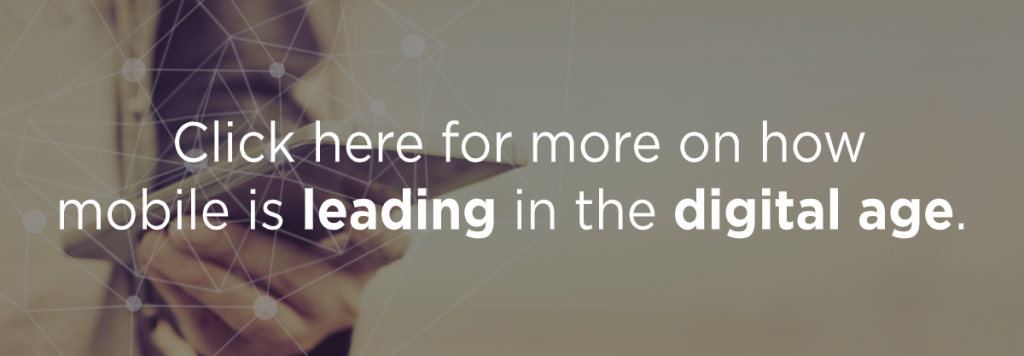Across the world, public trust in institutions, including businesses, has been deteriorating. The causes are complex and multi-faceted. But the mobile industry is taking concrete steps to reverse this trend. For mobile operators and their partners, one of the priorities is to improve both transparency and inclusivity. In 2019, over 75 business leaders endorsed a set of principles for the digital era by signing the GSMA-led ‘Digital Declaration,’ which provides a guide for responsible and sustainable technological progress within a free and enlightened society.
Launched at the World Economic Forum in January 2019, the ambitious Digital Declaration calls on businesses to improve consumer trust by respecting the privacy of digital citizens and handling personal data securely and transparently, while increasing inclusivity and nurturing innovation through collaboration.
In many respects, the Digital Declaration is a response to technological disruption: by 2022, 60 per cent of global GDP could be digitised[1].As advances in artificial intelligence (AI), the Internet of Things and 5G give rise to intelligent connectivity, maintaining public trust will be crucial to enable these technologies to deliver a better future for everyone.
Analysing data to deliver social good
As well as providing vital connectivity, mobile networks generate large volumes of data, which can yield insights that can improve people’s lives. Indeed, the use of mobile big data solutions to coordinate responses to disasters, curb air pollution, contain disease and improve healthcare and financial inclusion could positively impact more than 150 million people over the next five years [2]. That study outlines how advanced mobile network analytics and AI can be applied to help progress towards the UN 17 Sustainable Development Goals.
The mobile industry has been quick to act on this opportunity. Backed by 20 mobile operators with a presence in 117 countries, the GSMA’s Big Data for Social Good initiative has enabled mobile operators to jointly establish a holistic framework and approach to developing sustainable, replicable solutions that can help public agencies and NGOs tackle epidemics, natural disasters and environmental crises.
Making AI ethical and accountable
The mobile industry needs to unlock the vast potential of big data analytics and AI in a way that respects privacy and fosters an environment of trust. To that end, the GSMA has identified privacy considerations related to big data and a set of principles to guide mobile operators’ ethical development and application of AI for social good. In essence, these principles call for the development and deployment of AI systems that respect human rights and make the benefits of AI-based technologies broadly accessible.
In an uncertain world, the importance of security and peace of mind can’t be overstated. Working through the GSMA, mobile operators take this issue very seriously. They continuously assess the global fraud and security threat landscape, analyse the associated risks for network operators and their customers and define and prioritise appropriate mitigating actions. Operators are also working with the GSMA to make individuals’ interactions with the digital world as safe as possible, through initiatives focused on child online protection, data protection and privacy.
In an era of upheaval and unrest, mobile operators are building the foundations of a better future. By enshrining transparency, inclusivity, privacy and security into its everyday business practices, the mobile industry will be able to chart a sustainable course through a stormy technological and geopolitical era.
Click here to find more examples of how the mobile industry is leading the way in transparency and inclusivity in the digital age.
[1] According to the World Economic Forum
[2] According to a study prepared by PricewaterhouseCoopers (PwC) on behalf of the GSMA
